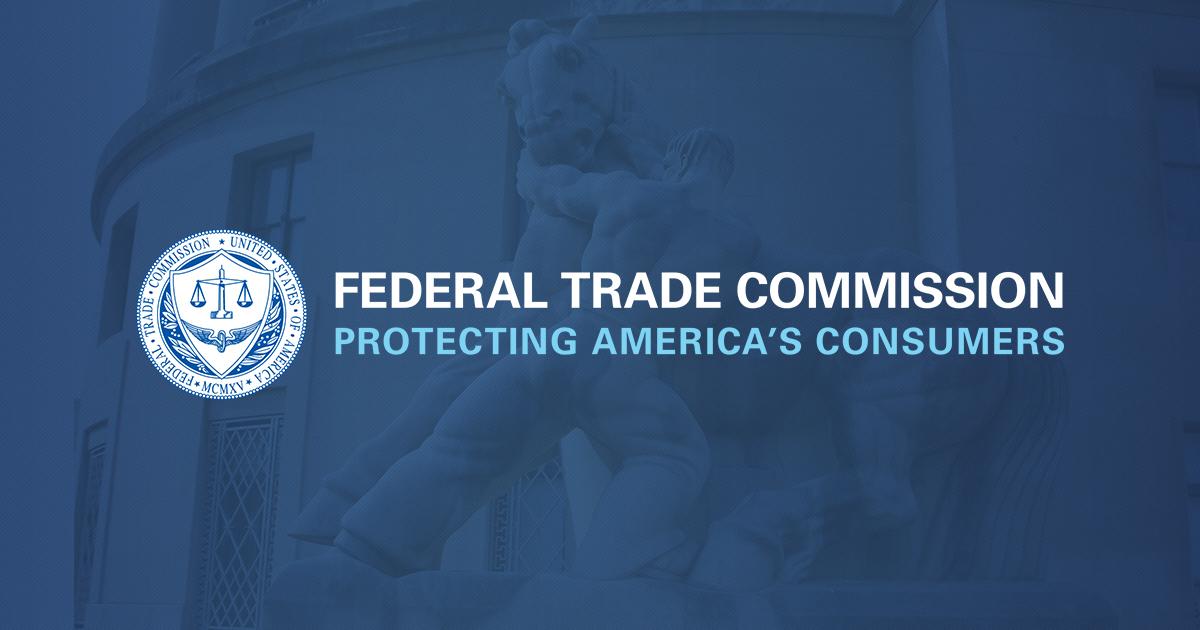In an ongoing effort to crack down on businesses that prey upon homeowners facing foreclosure, the Federal Trade Commission has charged six businesses and three individuals with violating the Home Ownership and Equity Protection Act (HOEPA), the FTC Act, and the Truth in Lending Act (TILA) by enticing homeowners into high-cost, short-term loans secured by an additional mortgage on their homes. The FTC will seek to bar the defendants from further violations, make them forfeit their ill-gotten gains, and stop collection and foreclosure actions or efforts to seize or transfer properties.
The defendants are Safe Harbour Foundation of Florida, Inc., Silverstone Lending, LLC, Silverstone Financial, LLC, Southeast Advertising, Inc., Keystone Financial, LLC, MT25 LLC, Peter J. Porcelli II, Bonnie A. Harris, and Christopher Tomasulo.
According to the FTC’s complaint, Safe Harbour, Porcelli, Harris, and Tomasulo target homeowners facing foreclosure with claims such as “We have all the funds available to pay your bills and save your home from foreclosure. GUARANTEED!” The Silverstone companies and Keystone then provide high-cost, interest-only, short-term balloon-payment loans secured by second mortgages on homes already subject to foreclosure.
The lenders allegedly violate HOEPA by extending credit based on the value of consumers’ collateral without regard to their repayment ability, by requiring balloon payments after only six months, by providing negatively amortized loans that cause consumers to owe more at the end of the loan than at the beginning, and by failing to make required disclosures. They allegedly violate TILA by grossly understating the annual percent rate (APR) and finance charges. For example, in at least one instance the disclosed APR was 28 percent but the actual APR was more than 100 percent.
All of the defendants are charged with violating TILA and its implementing Regulation Z by failing to make timely written disclosures and by failing to disclose accurately the amount being financed, the finance charge, the annual percentage rate, the payment schedule, the total payment amount, and the fact that the creditor has or will acquire a security interest in the consumer’s home. They also allegedly violate the FTC Act by understating the APR for the loans.
In a related civil contempt action, the FTC alleges that this conduct by Porcelli, Harris, Tomasulo, and others violates court orders entered in FTC v. Bay Area Business Council (see press releases dated May 13, 2004 and February 3, 2005), which prohibit them from marketing credit-related products to consumers.
The Commission vote to authorize staff to file the complaint was 5-0. The complaint was filed in the U.S. District Court for the Northern District of Illinois, Eastern Division.
NOTE: The Commission files a complaint when it has “reason to believe” that the law has been or is being violated, and it appears to the Commission that a proceeding is in the public interest. The complaint is not a finding or ruling that the defendant has actually violated the law. The case will be decided by the court.
Copies of the complaint are available from the FTC’s Web site at http://www.ftc.gov and
the FTC’s Consumer Response Center, Room 130, 600 Pennsylvania Avenue, N.W.,Washington, D.C. 20580. The FTC works for the consumer to prevent fraudulent, deceptive, and unfair business practices and to provide information to help spot, stop, and avoid them. To file a complaint in English or Spanish, click http://www.ftc.gov/ftc/complaint.shtm or call 1-877-382-4357. The FTC enters Internet, telemarketing, identity theft, and other fraud-related complaints into Consumer Sentinel, a secure, online database available to more than 1,600 civil and criminal law enforcement agencies in the U.S. and abroad. For free information on a variety of consumer topics, click http://ftc.gov/bcp/consumer.shtm.

